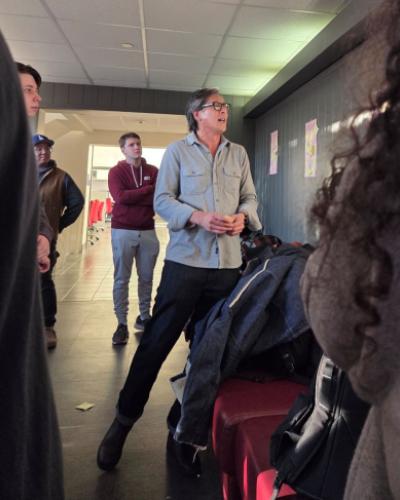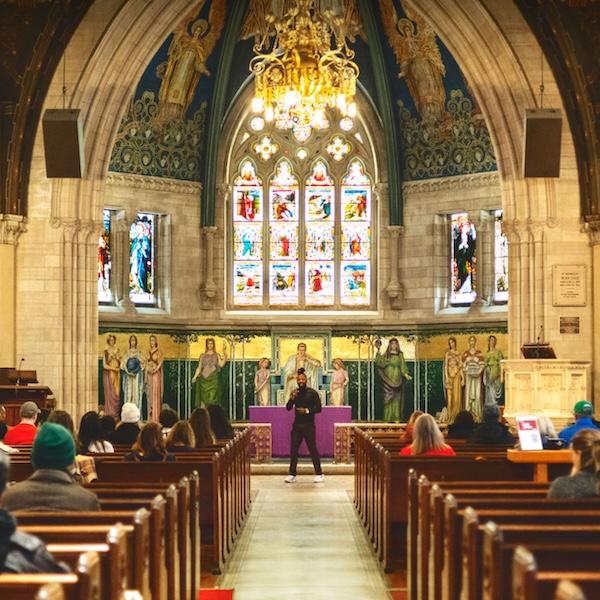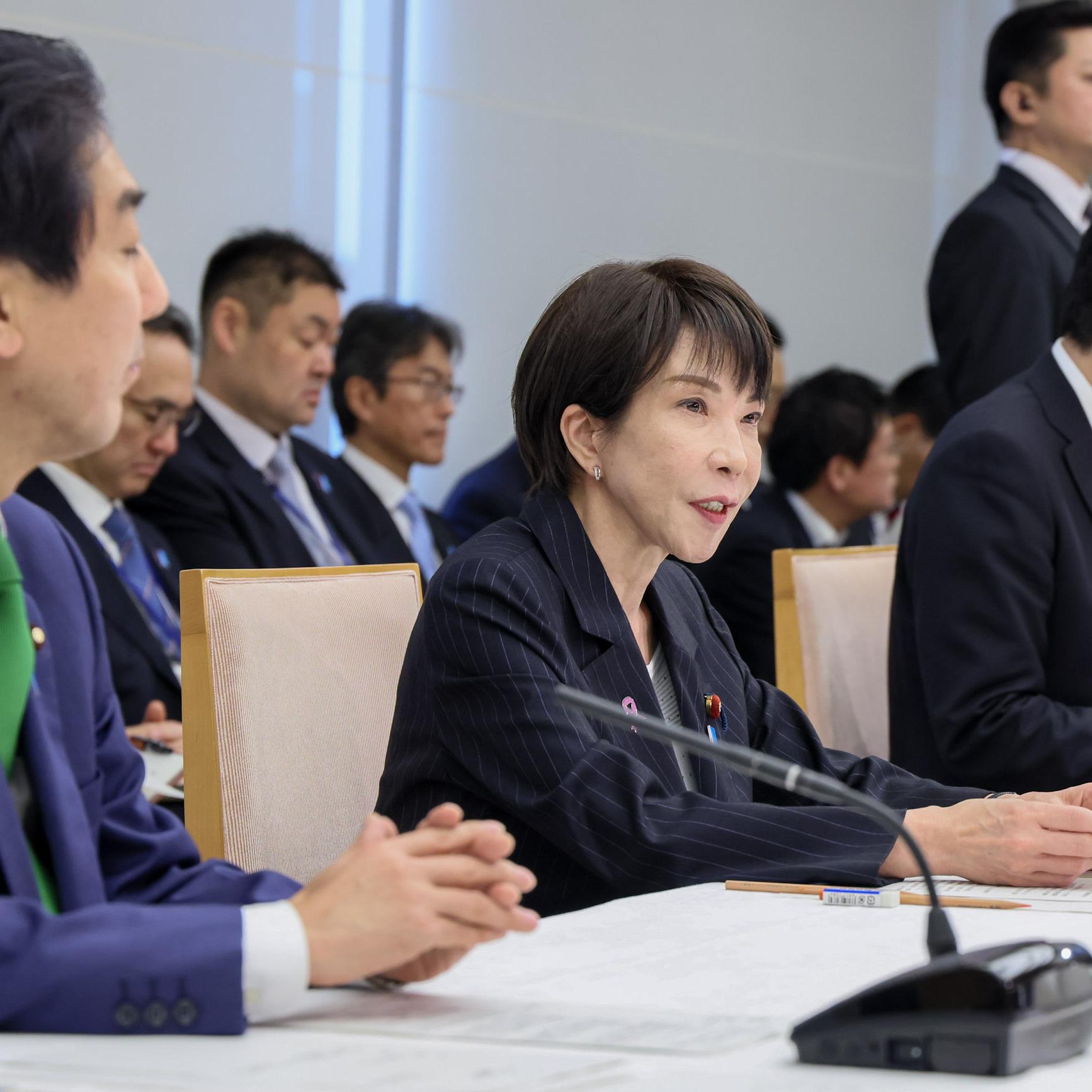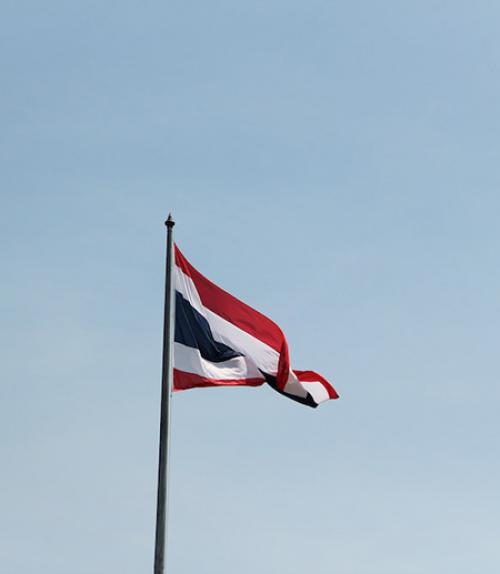About 10,000 demonstrators gathered in Bangkok, Thailand on Sunday to demand reforms, including of the monarchy, in a continuation of unrest that began earlier this year with the dissolution of the Future Forward Party. The Sunday protest is one of the largest anti-government protests in Thailand since 2014.
Tamara Loos, professor of history and Thai studies at Cornell University, says the protests are ground-breaking in that demonstrators are demanding a “new moral compact” with the monarchy – an institution that has historically been legally protected from criticism:
“Protests and demonstrations around the country since June have culminated in calls for a radical transformation in the relationship between Thailand’s monarchy and its citizenry. In August, demonstrators made history by publicly broaching the taboo topic of the monarchy, which is protected by severe lèse-majesté and sedition laws with harsh sentences for those who violate them.
“Student Union of Thailand (SUT) leader Panusaya Sithijirawattanakul courageously read aloud the ten demands that are historic in their audacious and explicit call for the reform of the institution of the monarchy. They include the demand that the king be subject to Thai law, including investigation of the murder of those who have been critical of the monarchy, the auditing of royal finances, the abolishment of laws that limit freedom of speech about the monarchy, and the end of royal endorsement of military coups. These demands have expanded in recent demonstrations, to include the drafting of a new constitution and the dissolution of parliament.
“What makes these protests ground-breaking is the public articulation of the ways in which the king is unaccountable—fiscally, legally, politically and morally. They demand a new moral compact with the monarchy, who is accused of neglecting ‘his duties as head of state that bind him to the hearts of the people,’ and his use of the people’s taxes ‘to seek pleasure and reside outside the country.’ King Vajiralongkorn resides in Germany for most of the year and has been criticized for his indifference to the impact of the pandemic and worsening economic crisis back home.
“The public nature of their demands is double edged: protestors risk arrest or even death when they critique authorities publicly. At the same time, the very public and viral (social media) nature of these protests means that the world is watching the Thai state’s response to the very group—Thai youth—who comprise that country’s future.”
For media inquiries, contact Linda Glaser, news & media relations manager, lbg37@cornell.edu, 607-255-8942





